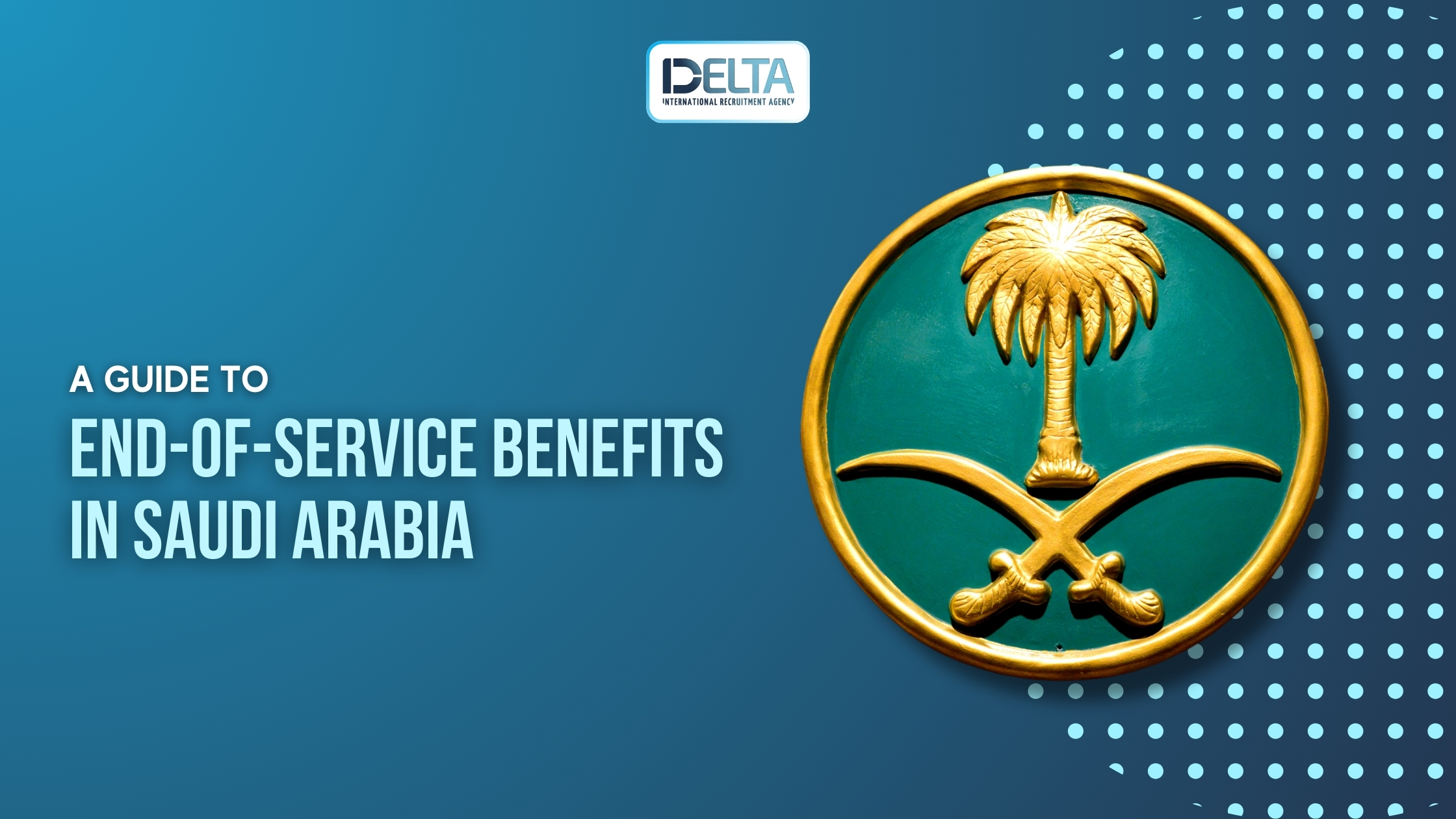In recent years, Saudi Arabia has implemented significant labor reforms aimed at increasing job opportunities for its citizens. One of the most notable initiatives is the Saudization policy, which reserves specific professions exclusively for Saudi nationals. This article will explore the Iqama profession list reserved for Saudi nationals, the implications of this policy, and how it affects expatriates working in the Kingdom.
Understanding Saudization
Saudization, officially known as the Saudi nationalization scheme, is a strategic initiative by the Saudi government to boost the employment of Saudi citizens in various sectors. The primary goals of this policy include:
- Reducing unemployment rates among Saudi nationals.
- Enhancing the role of Saudis in the workforce.
- Promoting economic diversification by decreasing reliance on foreign labor.
By prioritizing Saudi nationals for certain professions, the government aims to create a more sustainable and self-reliant economy.
The Significance of Reserved Iqama Professions for Citizens
The Iqama, or residence permit, is essential for expatriates working in Saudi Arabia. With the introduction of the Saudization policy, the Saudi Ministry of Human Resources and Social Development (MHRSD) has published a list of professions that are now reserved exclusively for Saudi citizens. This move signifies a critical shift in the labor market, emphasizing the importance of local employment.
Key Implications for Expatriates
For expatriates currently employed in these reserved professions, the changes mean that they can no longer renew their Iqama if their job falls under the reserved categories. They must either transition to a different role that is not restricted to Saudis or leave their current employment. This shift has created uncertainty for many foreign workers and has prompted discussions about the future of expatriate labor in the Kingdom.
List of 50+ Reserved Iqama Professions for Saudis
The list of reserved professions is extensive and spans various sectors. Here are some notable examples:
- Accountant
- Actuary
- Air Traffic Controller
- Auditors
- Bank Teller
- Booking Clerk
- Budget Analyst
- Cashier
- Claims Adjuster
- Copilot
- Credit Analyst
- Dispatcher
- Director of Labor Affairs
- Director of Personnel Relations
- Director of Security and Safety
- Employment Clerk
- Executive HR Manager
- Financial Analyst
- Financial Manager
- Flight Attendant
- Front Office Supervisor
- General Services Supervisor
- Health and Safety Manager
- Health and Safety Officer
- Health and Safety Professional
- HR Manager
- HR Specialist
- Labor Affairs Manager
- Loan Officer
- Marketing Specialist
- Medical Equipment Sales Specialist
- Meteorologist
- Payroll Coordinator
- Payroll Officer
- Property Manager
- Public Relations Officer
- Quality Inspector
- Recruitment Officer
- Receptionist (General and Hospital)
- Real Estate Agent
- Real Estate Broker
- Reservation Agent
- Risk Manager
- Safety Officer
- Sales Manager
- Sales Positions (e.g., ladies' shops)
- Sales Specialist for Ladies' Shops
- Security Guard
- Shop Manager (Various sectors including electronics, furniture, and medical appliances)
- Tackling Agent
- Ticketing Agent
- Timekeeper
- Translator
- Tourist Information Clerk
- Tourist Program Designer
- Typist
This list is not exhaustive, but it highlights the diverse range of roles now reserved for Saudi nationals.
Check out Complete Guide on Iqama Expiry Penalties.
Conclusion
The 2024 Saudization policy marks a pivotal moment in the transformation of the Saudi labor market. By reserving specific professions for Saudi citizens, the government aims to enhance local employment opportunities and contribute to the nation’s economic growth. As this policy continues to evolve, its impacts on both Saudi nationals and expatriates will be closely monitored.
FAQs
What are the new Saudization rules in 2024?
The new rules prioritize Saudi nationals in the labor market by reserving specific professions exclusively for them.
What professions are 100 percent Saudization?
Some professions that are fully reserved for Saudis include Assistant Pilot, Air Traffic Controller, and Flight Attendant.
How does this affect expatriates?
Expatriates in reserved professions can no longer renew their Iqama and must either change jobs or exit their current employment.
By understanding these changes, both Saudi nationals and expatriates can better navigate the evolving landscape of the Saudi job market.
Recruitment Industry: Recruiting Guides




